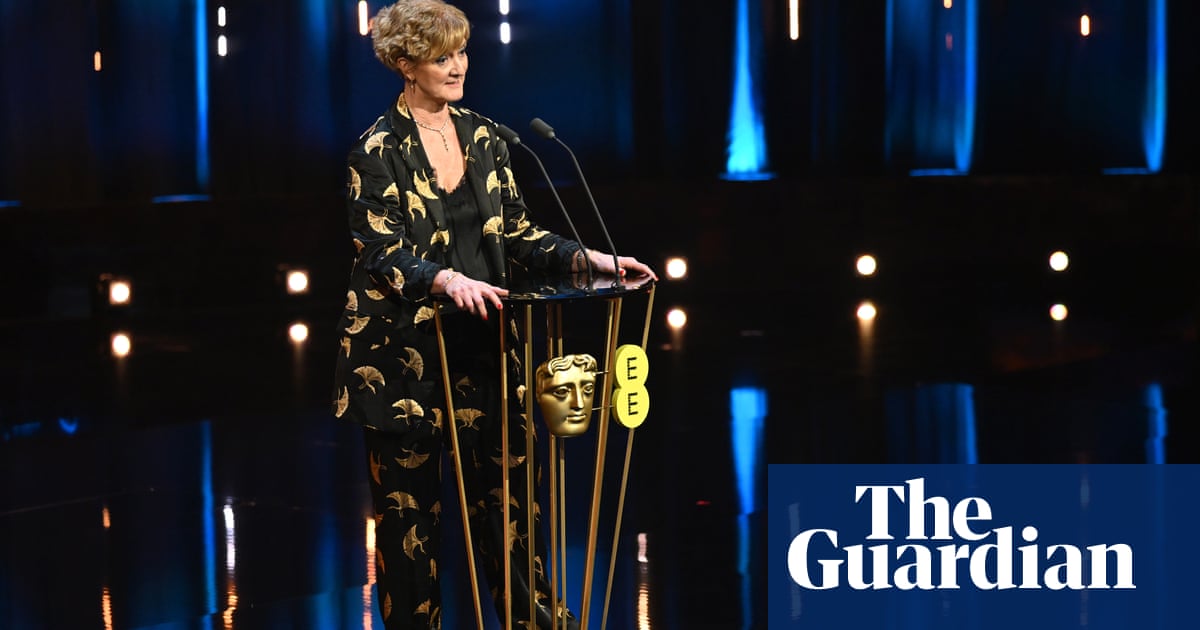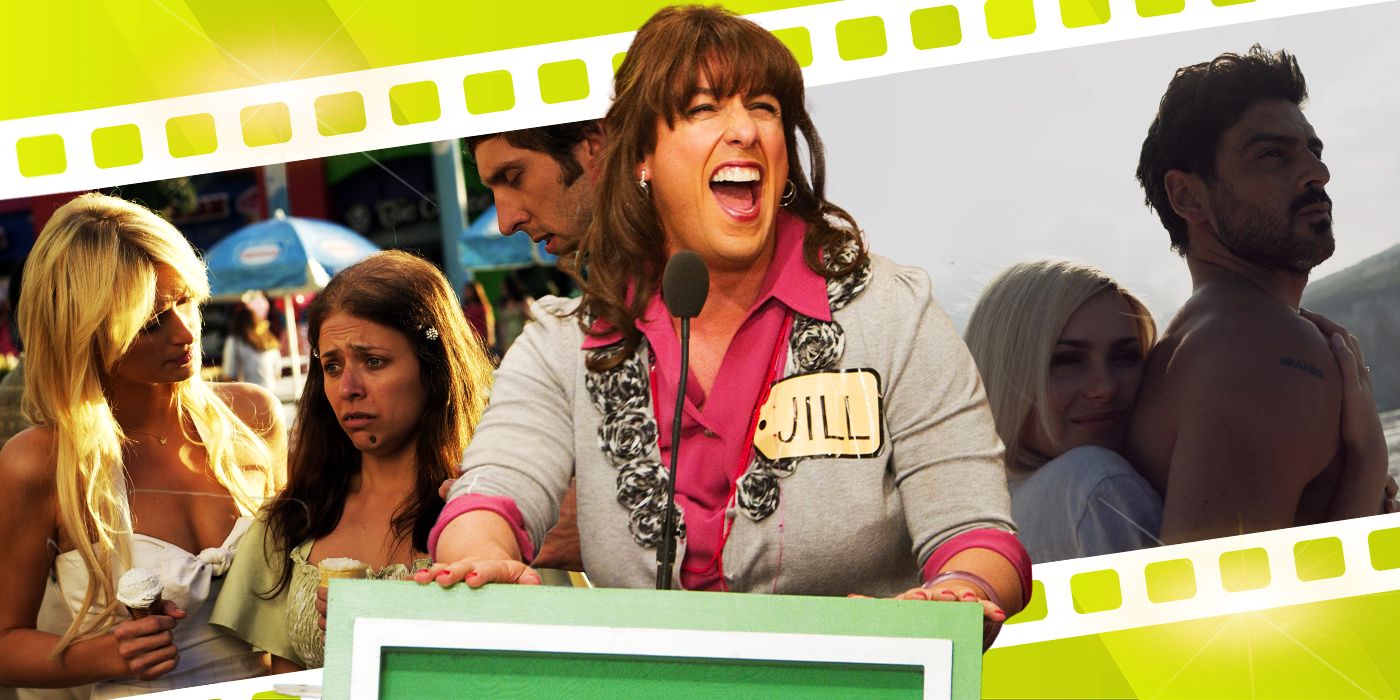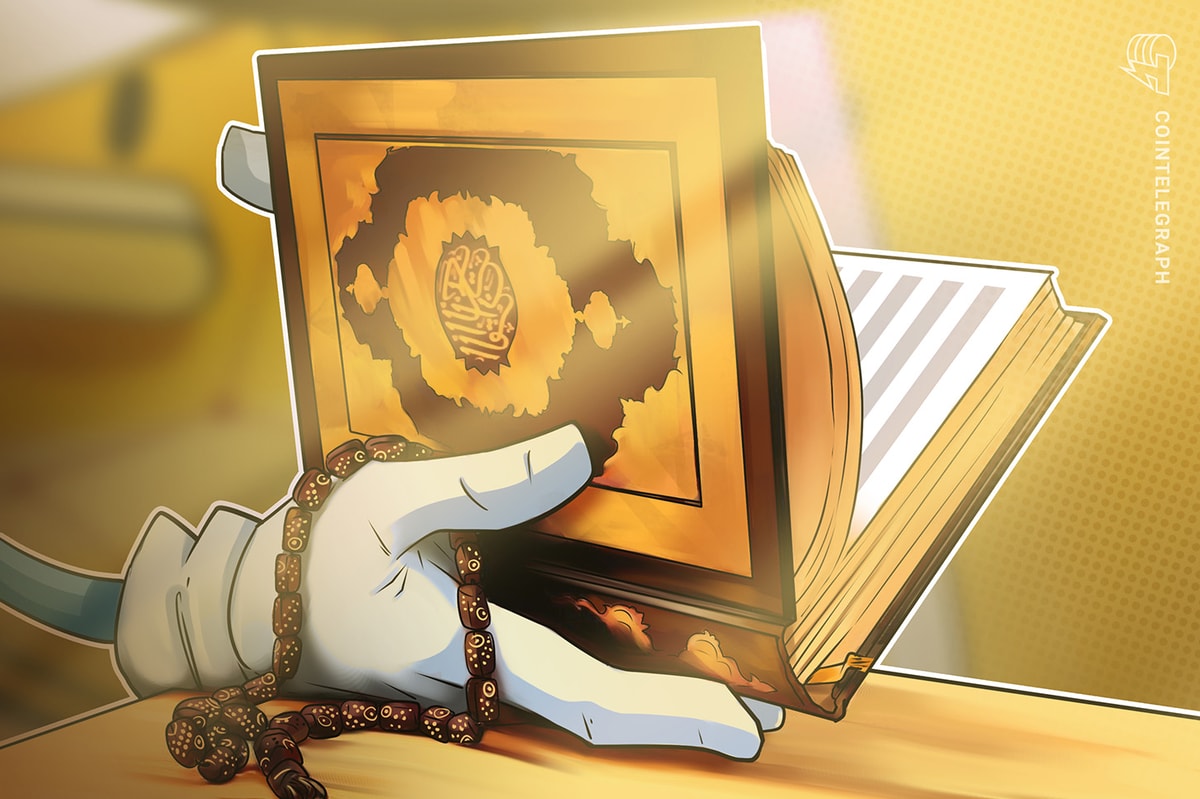“No Other Land,” the Palestinian-Israeli doc which depicts the Israeli government’s efforts to force Palestinians from their homes in Masafer Yatta in the southern West Bank, has been steadily gaining accolades ever since it scored the best documentary prize at last year’s Berlin Film Festival.
The timely piece, which shows the gradual demolition of houses and entire villages by the Israeli military’s bulldozers, also played in a slew of other prestigious events including the New York Film Festival and recently won the top prizes from the New York Film Critics Circle and the International Documentary Association.
“No Other Land,” which is directed by a Palestinian-Israeli collective of four young activists – Hamdan Ballal, Yuval Abraham, Rachel Szor and Basel Adra – has also been tipped as a top contender for a nomination in the Oscars documentary feature category.
Yet, while it has been picked up for distribution in 24 countries — including the United Kingdom and France — “No Other Land” has been unable to find a bona fide distributor in the U.S. However, it will still be opening theatrically on Jan. 31 with Cinetic Media facilitating bookings via Michael Tuckman Media.
Below, Variety speaks with Abraham and Adra about the challenges of finding U.S. distribution and why they feel it’s particularly important for the piece to be seen by American audiences.
The New York Times and Associated Press have both underlined the anomaly that “No Other Land” has been unable to find U.S. distribution. What do you think the stumbling block is?
Yuval Abraham: Well, the film has distribution all over the world, and there’s a really big demand for it in the United States, so you would expect a big distributor to jump on board. I read it as something that’s completely political. We’re obviously talking about the Israeli military occupation of the West Bank, and it’s very ugly. The film is very, very critical of Israeli policies. As an Israeli I think that’s a really good thing, because we need to be critical of these policies so they can change. But I think the conversation in the United States appears to be far less nuanced — there is much less space for this kind of criticism, even when it comes in the form of a film.
The screenings at the New York Film Festival were amazing. They were all sold out, and you always felt this [powerful] silence after the screening. We had really interesting conversations with the audience and there was an overwhelming amount of support. But I think part of the reason why we made the film is to reach people who might not be as supportive of what we are doing, the ones who could be challenged by the film. These are the people to whom we wanted to tell the story of Masafer Yatta and the community in the West Bank. That kind of audience is much harder to get to because I’m not sure they are exactly the ones who attend the New York Film Festival. But if you have a really big distributor then, of course, you get to people from varying political opinions and with varying degrees of knowledge about Israel and Palestine. And these are exactly the people to whom we want to show the film because that’s how we can prompt change.
Let’s talk about the doc’s journey, starting from Berlin where you won a major prize and then there was controversy with Germany’s culture minister saying your onstage speeches were “shockingly one-sided.”
Basel Adra: It was sad and shocking that they reacted to our speeches that way, especially Germany which has always had the pretense of being a democratic state with freedom of speech. I felt a responsibility to talk about Palestinian people in Gaza and in Masafer Yatta, and ending the violence and to keep fighting together for a better future for everybody and to end the occupation and the apartheid.
Abraham: Today, you still don’t see almost any discussion about what the [Israeli] military is doing in Gaza. But back then, it was even more extreme due to the bubble that the country was in at the time after the trauma of Oct 7. I think, for me, to feel that kind of dehumanization coming from the German side, especially as my own family are Holocaust survivors, was horrible. I take antisemitism very seriously, and it’s something very real and very important. That is unfortunately increasing everywhere. I felt [the response] was not only harmful for Palestinians and Israelis who speak out against the occupation, but also harmful for the real fight against antisemitism. Because when you label everything as antisemitism, then the term kind of loses its meaning.
Yuval, what happened when you returned to Israel from Germany? I read that there were death threats.
Abraham: Yeah. For me, the hardest thing was not the death threats that I received, but that actually there was this mob of right-wing people who came to my mother’s house. She doesn’t live with me. She has her own house and she had to leave it. She had to flee in the middle of the night. She got really scared. There were a group of people, I guess they were looking for me. She had to sleep in my sister’s house in Jerusalem for a few nights. Actually, my parents ended up leaving that town where I grew up because of this incident.

Basel, the doc obviously raised international awareness about the situation in Masafer Yatta. Any improvement on the ground there?
Adra: No. The situation, unfortunately, in the past 15 months has only gotten worse and worse here, just like all over Palestine: demolitions of our properties, homes, schools, roads and any infrastructure has increased to a higher level. The settlers are building like outposts and farms, and expanding their own illegal settlements in our land in crazy ways with no borders, with no limits. They have all the power. Many of the settlers who are supposed to be in jail for committing crimes against our communities today are soldiers and commanders in the Israeli army and have power on us and control everything in our life. The situation is really crazy. You can’t compare it to Gaza, where every day on average there are between 50 and 100 people being killed by the Israeli army. But, still, we live in a miserable situation in the West Bank.
The film obviously stands as a symbol of the possibility of Israeli and Palestinian coexistence. What is your take on the prospect of an Israel and Hamas ceasefire deal?
Abraham: We view the film as an act of coexistence. But today, if you just look at me and Basel, there can’t be coexistence if one side has no existence. The Palestinians don’t have a state. Basel’s community, Masafer Yatta, is literally being erased from the map. It does not exist on the Israeli maps. That’s very significant because of course we want there to be peace and a political solution at the end of the day, but for that [to happen] we understand that there needs to be a struggle against the ongoing oppression that exists, so it can change.
I’m very afraid that there will not be a ceasefire. There have been talks about a ceasefire for so long. And just as these talks were happening, if you look at what is happening in Gaza, the place is being annihilated. Of course, we hope there will be a ceasefire. But even so, I don’t know where we would go from there. Here in Israel, we have the most right-wing government ever that has regained much of its popularity after Netanyahu had lost a lot of popularity after the Oct. 7 massacre. Unfortunately, there is no discourse on the horizon about any kind of political solution that would end the occupation and would promise a different kind of future.
What would an Oscar nomination mean for “No Other Land”?
Adra: I hope the movie gets nominated because it would bring more awareness. I really advise everybody in the U.S. who has heard about “No Other Land” to watch it. It’s important for people to watch it so they can understand what’s going on. And we hope people who do don’t just watch it to feel sad or sorry for us, but to join our struggle and our movement and take action. Especially in the U.S. which, as a country, is a main player in what’s going on. Americans have a responsibility, I believe, and I hope that they watch it and move in the right direction and take any action they can in order to help us change.
This interview has been edited and condensed for clarity.









 English (US) ·
English (US) ·